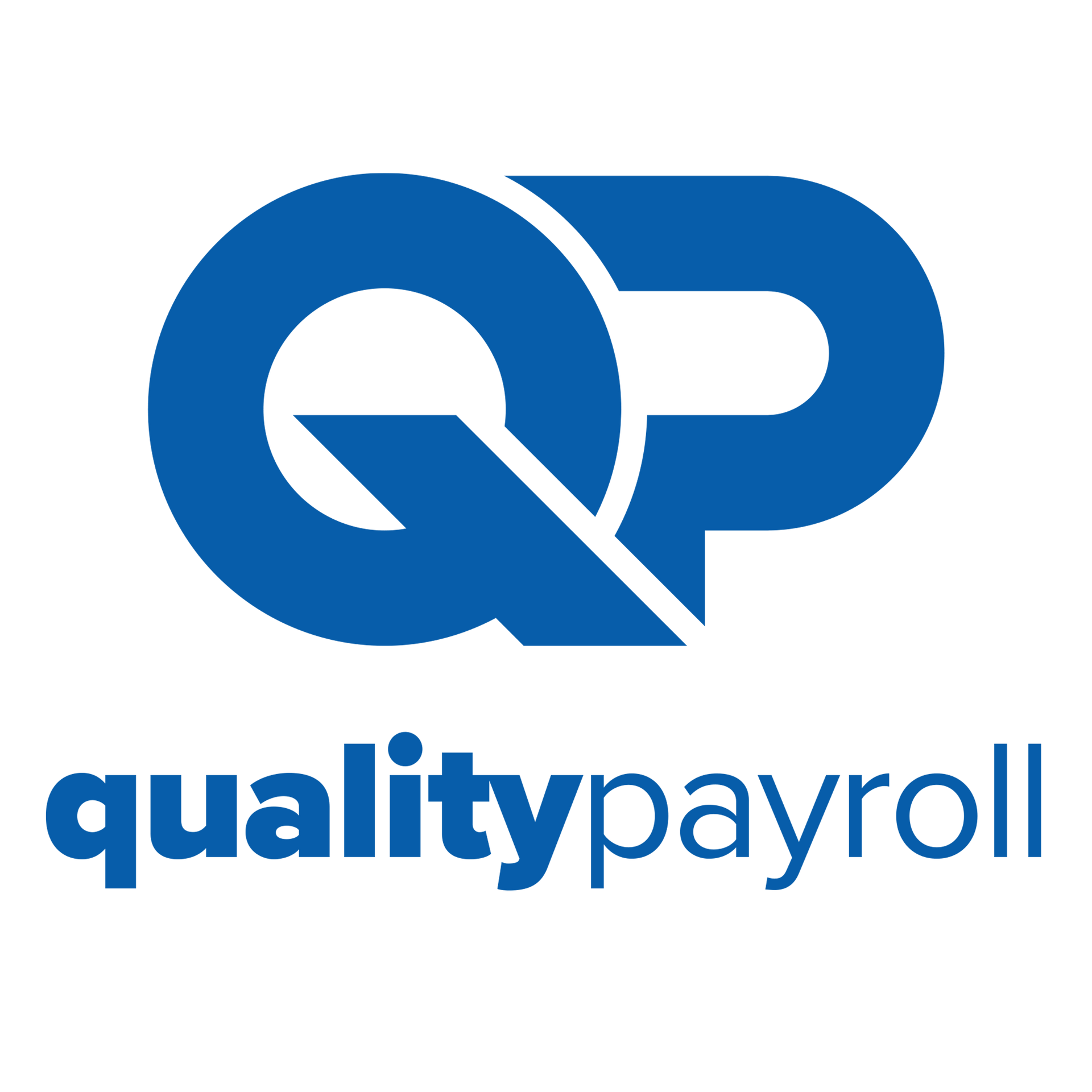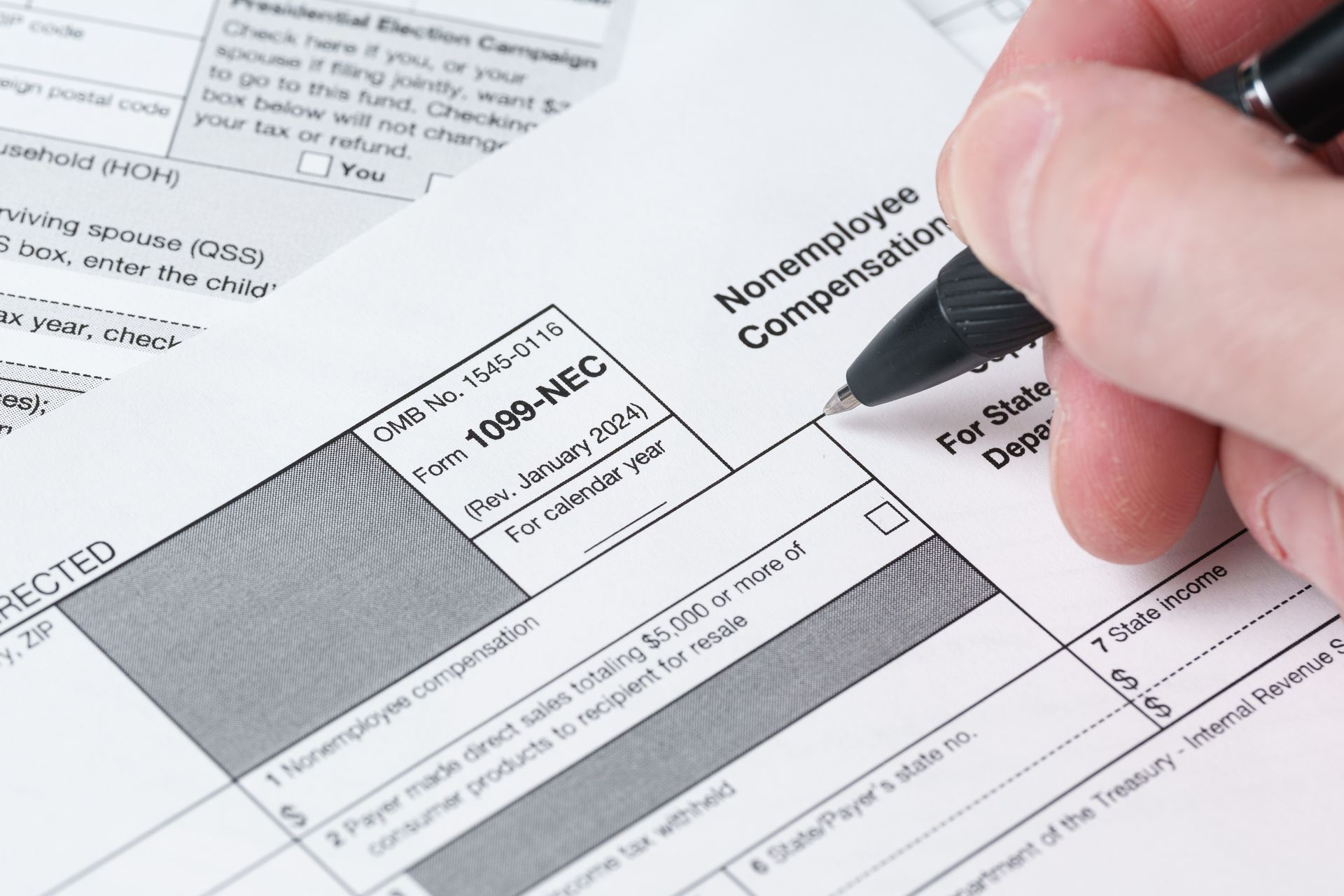HR Audit Guide for Utah Small Businesses: Compliance & Best Practices
Navigating an HR audit requires careful preparation and a clear understanding of compliance requirements. For small business owners in Utah, recognizing the scope of an audit and the steps necessary for preparation can transform a potentially stressful encounter into a straightforward process, reinforcing the health of their organizations. This guide aims to illuminate the path through the intricacies of HR audits, focusing on essential documents, common compliance areas, and effective self-audit strategies tailored specifically for the Utah market.
Understanding the Importance of HR Audits
HR audits play a crucial role in verifying compliance with employment laws and identifying areas for improvement within human resources policies and practices. For small businesses, these audits can prevent legal disputes, promote a positive work environment, and enhance overall efficiency.
Preparing Essential Documents
The first step in preparing for an HR audit is assembling the necessary documentation. These records will provide auditors with insights into the company’s HR practices and compliance with applicable laws. Essential documents include:
Employee Records
Maintain comprehensive files for each employee, including hiring documents, signed acknowledgments of policies, performance reviews, and any disciplinary actions taken.
Policies and Procedures
Compile a complete set of the company's HR policies and procedures, ensuring they are up-to-date and compliant with current laws.
Payroll and Benefits Information
Gather payroll records and details of employee benefits, including health insurance, retirement plans, and other perks, ensuring all practices comply with federal and Utah state regulations.
Common Compliance Areas for Utah Businesses
Utah small businesses must adhere to specific federal and state employment laws. Key compliance areas include:
Wage and Hour Laws
Ensure all practices comply with the Fair Labor Standards Act (FLSA) and the Utah Labor Commission’s rules regarding minimum wage, overtime, and other wage-related matters.
Anti-discrimination Laws
Understand and implement guidelines set by the Equal Employment Opportunity Commission (EEOC) and Utah’s Antidiscrimination and Labor Division, ensuring protection against discrimination and harassment in the workplace.
Health and Safety Regulations
Adhere to Occupational Safety and Health Administration (OSHA) standards and Utah’s specific safety requirements to ensure a safe working environment.
Conducting a Self-Audit
A self-audit offers a proactive approach to prepare for an external HR audit. Follow these steps to conduct an effective self-audit:
Review HR Policies and Practices
Examine all HR policies and procedures to ensure they are current and adequately documented. Pay particular attention to recent changes in employment laws.
Assess Employee Files
Check that all employee files are complete and organized. Look for signed policy acknowledgments and up-to-date performance evaluations.
Evaluate Pay Practices
Verify that payroll practices are in compliance with wage and hour laws. Confirm that all employees are correctly classified as exempt or non-exempt and that overtime is calculated accurately.
Inspect Health and Safety Protocols
Review the implementation of health and safety protocols to ensure compliance with OSHA and state regulations. This includes regular safety trainings and a well-maintained work environment.
Utilizing Checklists and Professional Advice
To streamline the preparation process, utilize comprehensive checklists that cover all aspects of HR compliance. Engaging with HR professionals or legal counsel can provide valuable insights and help identify potential issues before they become problematic during an audit.
Implementing Best Practices for Ongoing Compliance
To remain compliant and audit-ready, consider these best practices:
Regularly Update Policies and Training
Keep HR policies in sync with changes in employment laws by scheduling regular reviews and updates. Provide ongoing training to ensure that all employees understand these policies.
Maintain Meticulous Records
Develop a rigorous system for maintaining and updating employee records. Regular checks should ensure that all documents are correctly filed and accessible.
Foster Open Communication
Encourage an open dialogue about HR policies and practices within the organization. This can include regular meetings and feedback sessions with employees.
Navigating HR Audits with Confidence
For Utah small businesses, understanding the requirements and preparation for an HR audit is not just about compliance—it’s about building a foundation for success. By taking proactive steps, maintaining thorough records, and implementing best practices, businesses can face audits with confidence and continue to foster a compliant and productive workplace.
The journey through an HR audit can lead to significant benefits, including enhanced regulatory compliance, improved HR functions, and a stronger organizational culture. By embracing the audit process as an opportunity for improvement rather than a hurdle, small businesses in Utah can enhance their operations and ensure their long-term success.
Ready to ensure your small business in Utah is fully prepared for your next HR audit but not sure where to start? Our team of seasoned HR professionals is here to guide you every step of the way. Let's work together to keep your business on track and thriving. Contact us today to learn more about how we can support your HR audit needs and beyond.










